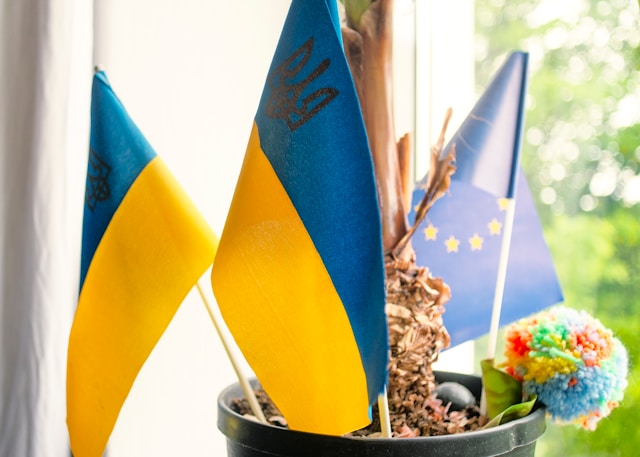Expanded Measures Clamp Down on Russian Energy and Banking Ties
The European Union has enacted its nineteenth round of sanctions against Russia, tightening economic pressure with new restrictions on trade, finance, and shipping. The package targets additional banks and logistics companies connected to sanctioned entities and seeks to disrupt the network of vessels used to move Russian oil outside established limits. EU officials said the expanded actions aim to further weaken the Kremlin’s ability to finance its war while closing loopholes in earlier measures.
EU Ends Russian LNG Imports Ahead of Schedule
A centerpiece of the sanctions is a full ban on Russian liquefied natural gas entering European ports. Under the new rules, no new contracts can be signed, and existing supply agreements must conclude by January 2027. The accelerated timeline underscores the bloc’s determination to end its reliance on Russian fossil fuels and transition more rapidly toward alternative energy sources as part of its broader security and climate goals.
Member States Unite After Weeks of Disagreement
The sanctions were approved unanimously after Slovakia dropped its opposition, breaking a weeks-long deadlock among EU members. The breakthrough allowed the entire 27-nation bloc to endorse the new measures, which leaders described as essential to maintaining a united front against Moscow. Officials said the agreement reinforces Europe’s commitment to both economic resilience and continued pressure on Russia’s energy sector.

